acromegaly in cats prognosis
Characteristic effects of excessive growth hormone secretion include the. The short-term prognosis in cats with untreated acromegaly is fair to good.

About Feline Diabetes Merck Animal Health Usa
The short-term prognosis in cats with untreated acromegaly is fair to good.
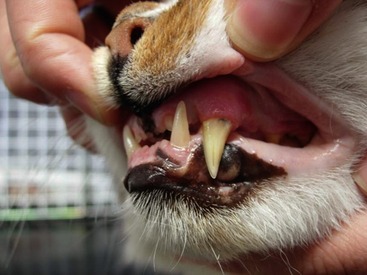
. Insulin resistance is generally controlled satisfactorily by using large doses of insulin divided into several daily. Insulin resistance is generally controlled satisfactorily by using large doses of insulin divided into several daily. Acromegaly in cats is mainly caused by the presence of a pituitary adenoma that is a non-malignant but productive tumor responsible for.
Acromegaly is an endocrine disease that leads to elevated production and secretion of growth hormone GH. Acromegaly can cause a variety of health problems including joint pain muscle weakness and heart problems. Acromegaly is characterized by chronic excessive growth hormone GH secretion by the pituitary gland.
When cats develop acromegaly they can sometimes show specific signs of there being something wrong with them or their. Acromegaly In Cats Prognosis - The disease is characterised by overgrowth of soft tissues bone and viscera. One of the first signs.
In cats it is typically caused by a tumor on the pituitary gland. J Feline Med Surg 12 1 15-23 PubMed doi. Acromegaly in Cats Causes.
Fortunately it is considered an uncommon disease although. Acromegaly in cats is a disease that mainly affects elderly cats average age. It can occur in adult and aged cats and is usually associated with neoplasms.
Learn to recognize the symptoms of this pathology they could be subtle and act too late. Long thought to be quite rare in cats there is increasing understanding that Acromegaly or Hypersomatotropism is more prevalent than thought. In this pathology a characteristic symptom is the.
Wakayama and Bruyette offer a look at which diagnostic tests are most beneficial in detecting this often underdiagnosed condition. There is no single diagnostic test for feline acromegaly - a confident diagnosis relies on a combination of clinical signs feline growth hormone and insulin-like. Feline acromegaly is most commonly caused by a functional pituitary tumor.
Acromegaly occurs as a result of. Feline acromegaly is caused by a pituitary adenoma that secretes excessive amounts of growth hormone. This chapter discusses pathogenesis classical signs diagnosis treatment prognosis and prevention for acromegaly in cats.
Symptoms Associated with the Condition. Niessen S J 2010 Feline acromegaly an essential differential diagnosis for the difficult diabetic. The symptoms of acromegaly in cats are generated both by the effects of GH and by the compression of the tumor in the brain.

Learning Lab Feline Endocrinology Clinician S Brief
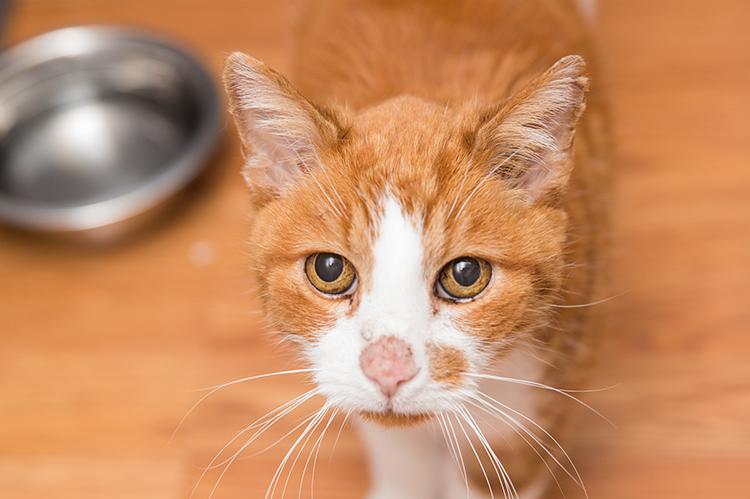
Type 1 2 Diabetes In Cats Best Friends Animal Society
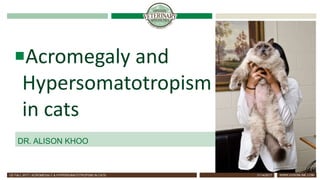
Diagnosis And Management Of Feline Hypersomatotropism

Endocrinology Metabolic Diseases Clinician S Brief

Diabetes In Cats Southside Veterinary Clinic
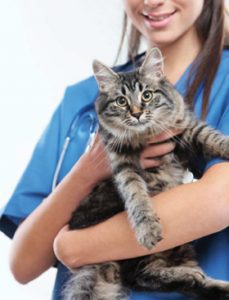
Learn About Pituitary Tumors In Cats Petcure Oncology

Hard To Regulate Diabetic Cats Veterinary Partner Vin
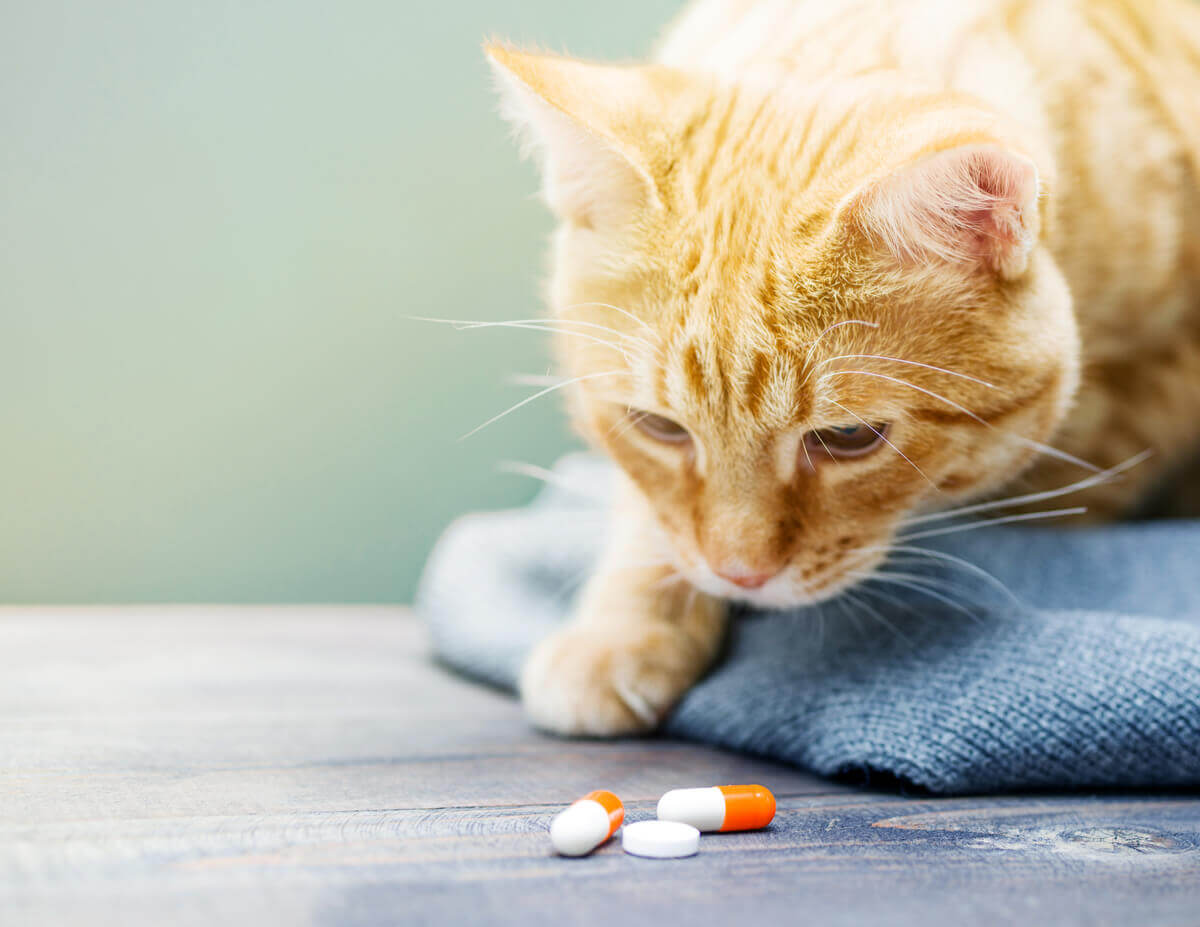
Acromegaly In Cats Symptoms And Treatment My Animals

Management Of Feline Diabetes Mellitus Veterinary Practice

Feline Hyperadrenocorticism Bluepearl Pet Hospital
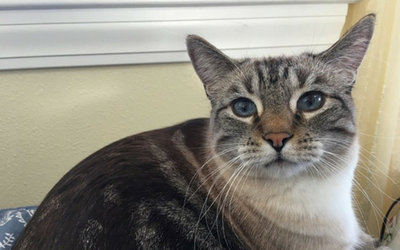
Pituitary Macroadenoma In Cats Vca Animal Hospital
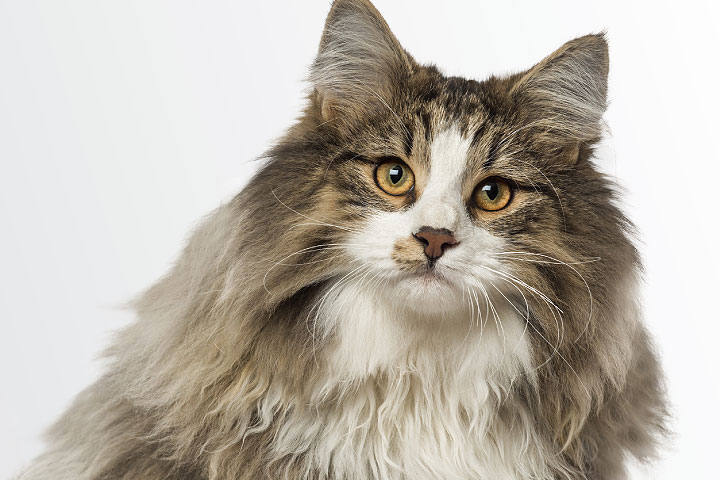
The Management Of Feline Hypersomatotropism Hs Acromegaly

Acromegaly Hypersomatotropism In Cats Cat World

Acromegaly In Cats The Veterinary Nurse

Acromegaly In Cats The Veterinary Nurse

Pdf Acromegaly In A Non Diabetic Cat

Update On Feline Acromegaly Niessen 2013 In Practice Wiley Online Library
